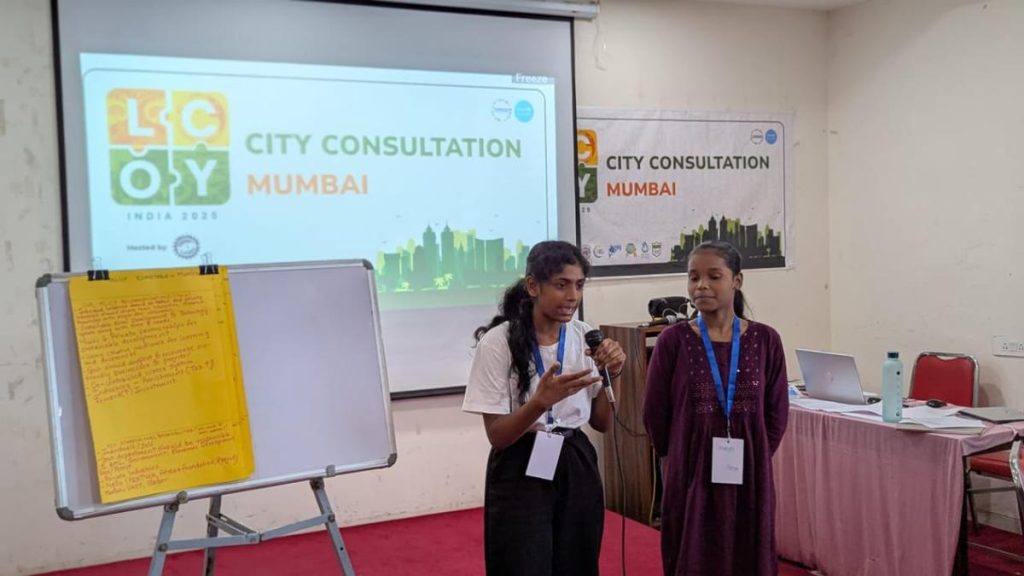Now Reading: Surge in Core Engineering Admissions in Mysuru as IT Sector Faces Uncertainty
-
01
Surge in Core Engineering Admissions in Mysuru as IT Sector Faces Uncertainty
Surge in Core Engineering Admissions in Mysuru as IT Sector Faces Uncertainty

Quick Summary
- Core engineering courses such as mechanical,Electrical,Civil,and Electronics & Communication (E&C) are seeing a resurgence in demand across technical institutions in Mysuru and possibly nationwide.
- The shift is attributed to job uncertainties in the IT sector caused by layoffs and disruptions due to advancements in Artificial Intelligence (AI) and Machine Learning (ML).
- Vidyavardhaka College of Engineering (VVCE) principal B. Sadashive Gowda noted full admissions for core engineering courses after increased intake capacities.
- Mr. Gowda emphasized the dual flexibility provided by core engineering degrees, allowing students to work either in traditional industries or transition into IT if market conditions improve.
- At Sri Jayachamarajendra College of Engineering (SJCE), JSS science & Technology University (JSS STU), placement trends reveal a growing interest from companies seeking AI-related projects while also valuing graduates from core branches. Last year’s placement rate was 92%.
- Indian investments in semiconductor manufacturing as well as manpower shortages across traditional industries have boosted demand for mechanical and electrical engineers.
- Academicians link this trend partly to student concerns over retrenchments within IT firms and evolving skill requirements driven by the rise of AI.
Indian Opinion Analysis
The observed surge in interest toward core engineering fields signals an emerging recalibration of career priorities among students amidst significant shifts within India’s job market. As sectors like AI and ML transform IT hiring patterns globally, many aspiring engineers appear to seek stability through disciplines that offer broader career options-both within traditional industries experiencing workforce shortages or tech fields leveraging their specialized knowledge.
india’s investment momentum towards semiconductor manufacturing further sharpens the need for electronics professionals,aligning academic trends with industrial demands. These shifts may strategically rebalance staggering manpower gaps created from prior years’ overwhelming focus on computer science streams. Though, sustained curriculum adaptability focused on integrating modern technologies like Python programming into foundational courses will be key for ensuring long-term employability across domains.
For institutions tailoring their offerings around such developments, this could mark an opportunity not just to refine educational pathways but also cultivate talent critical to addressing India’s diversified growth ambitions.
Read more: Link

























